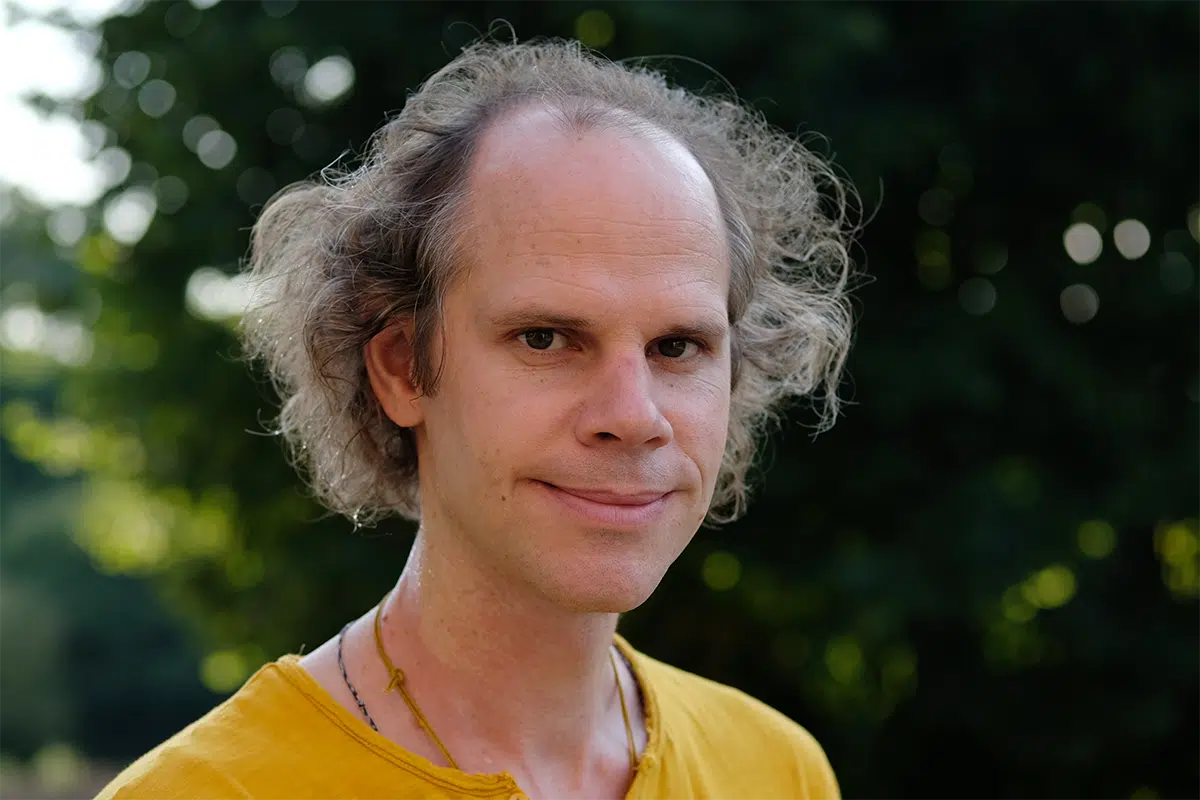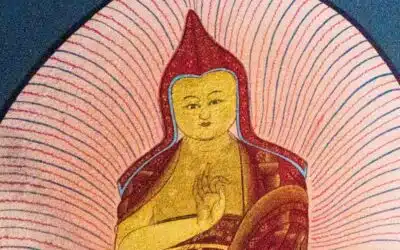Living in a Big City

Written By Nils Derboule
Blog | Daily Life Testimonials | Reflections on life
In “Living in a Big City”, Nils proposes to change the way we look at big-city crowds, by considering human beings as multiple manifestations of the same nature.
Series: Difficult conditions in Dzogchen
Living in a Big City
A few years ago, on my way home from a short 15-day retreat, I remember being smacked in the face by Paris.
Withdrawing from the world for a few days, weeks, months, or even years, is a process generally recommended in the Dzogchen tradition. During this time, one deepens his or her understanding of how the mind functions without being distracted.
However, spending time alone observing one’s mind can leadf to states of absorption that settle in and become the norm – which is precisely the point. So, when we leave the place of retreat and return to active life, we are often in for a shock.
That’s exactly what happened to me at the end of the summer, when I found myself n the 32°C streets of the French capital on a Sunday evening, surrounded by a noisy crowd, looking for a place to eat.
Driven by the urge to flee, I asked myself, “How can you follow a spiritual path in these conditions?” Surely, there’s the noise, the pollution and the garish neon signs. But more than anything there’s the mental agitation of the people I meet, my neighbors sleeping 3 meters away from my bed (above and below), my colleagues arriving at the office overexcited because their train was stuck was stuck on the tracks for an hour.
“The more we have the feeling of seeing human beings, the more it reinforces our own feeling of being human too, with all that this implies (birth, old age and death, but also emotions, sensations, and thoughts).”
The resumption of daily life, with its multiple interactions, constantly rekindles in my consciousness the suffering the suffering of those who, like me, chase an illusion of existence. What had calmed down during my time of withdrawal, is now charred under the scorching sun of mental agitation.
Nothing can rationalize this experience. How can we prevent community life from destabilizing us? How can we prevent these relationships from reviving our tendency to grasp the movements of the mind? How can we perceive the illusory nature of all phenomena when our fellow human beings show us otherwise?
From the ultimate point of view of the Great Perfection, there is no self-existent being, no disruptive mental factors, no meditative states that are not the natural state of primordial evidence (rigpa). There is “only” multiple manifestation of the same nature.
Beginning to realize this is beginning to perceive all beings as the natural play of our own mind. Whether we’re in a crowd or alone, whether we live in a 20 square-meter apartment in a big city or in a house in the countryside – everything is an illusory play.
The difference between the two is simply how we perceive appearances.
If our gaze is turned outward: we then perceive reality not as it really is (empty and luminous), but we “see” a human being’s conceptual reality, i.e. a virtual mental image. This image is nothing other than global information derived from distinct perceptions aggregated together.
The more we have the feeling of seeing human beings, the more it reinforces our own feeling of being human too, with all that this implies (birth, old age and death, but also emotions, sensations, and thoughts).
However, when we turn our gaze inward to the origin of our perceptions (thanks to the training initiated during the retreats), the world appears both much simpler and richer, as we continue to perceive manifestations with distinct features (sounds, colors, shapes, thoughts themselves…) without amalgamating them. At the same time, the origin of these manifestations appears in our vision without being conceptualized as being something. This is the aspect of the emptiness of reality, which is none other than the fundamental nature of manifestations.
When this vision is active, the multitude of people in big cities is no longer a reminder of our recurrent habit of perceiving reality as existing. On the contrary, it becomes an incessant reminder of our primordial nature.
Therefore, living in the heart of a metropolis is no longer a difficult condition for the Dzogchen path (if it ever was).
More Posts
Being Your Own Master
Relationship with a master requires discernment. “Being your own master” offers insights into understanding devotion and avoiding pitfalls.
Phenomena
"Phenomena" is the second entry in a new category designed to improve understanding of essential Dzogchen words and concepts.
The Story of the First Masters: Manjushrimitra
We continue the Stories of the First Dzogchen Masters with Manjushrimitra, who structured the verses of Dzogchen into three series.




